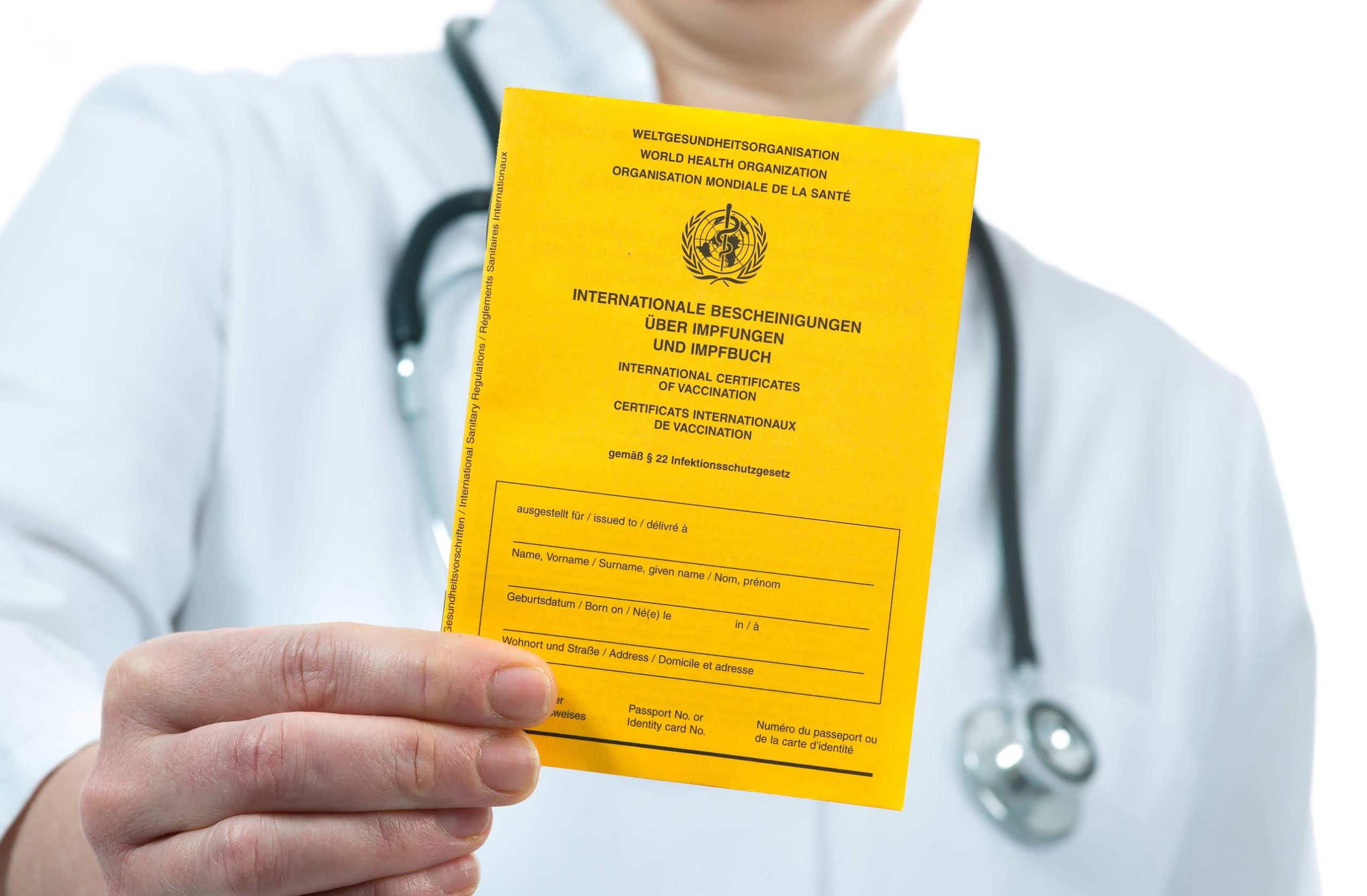
Vietnam is home to some beautiful and exotic natural wonders. The country has a fascinating, yet complex, history with a fascinating culture. Each year, the country is drawing in more tourists who wants to discover their limestone islands, serene beaches, cave systems in Phong Nha-Ke Bang, and much more. But before embarking on a trip to Vietnam, make sure that you are updated on all the necessary vaccine and health information. It is always advisable to check with a doctor or healthcare professional about the recommended vaccines to take for Vietnam.
You will also have to get a visa in order to enter Vietnam. Most foreign visitors are obligated to have a valid visa in order to travel to Vietnam for tourism purposes. Vietnam has now launched the e-Visa, which is an electronic travel authorization that allows citizens from 80 countries to travel in Vietnam for a maximum of 30 days. The e-Visa is also a single-entry visa, meaning you cannot enter, exit and then re-enter the country. You will have to apply for a new visa then. Travelers must meet the Vietnam e-Visa requirements, have a valid passport, a digital passport, an email address and a a debit or credit card to pay for the visa fee.
There are no immigration regulations in Vietnam that requires foreign visitors to get vaccinations. However, there are some vaccinations that are recommended for most travelers. They are:
Even though there aren’t immigration regulations in Vietnam that require foreign travelers to get vaccinated, there are some immunizations that are recommended for most travelers.
Some are taken as an injection, whilst others can be taken in the form of a pill. In certain countries, such as Spain and the Netherlands, there are international vaccination centers that advise their citizens on the vaccines they should be getting for their travels depending on their medical history and on the destination.
The Center for Disease Control and Prevention in the U.S. advises travelers who are going to Vietnam to be up to date on routine vaccinations. These include measles-mumps-rubella vaccine, diphtheria-tetanus-pertussis vaccine, varicella (chickenpox) vaccine, and polio vaccine.
Recommendations in order to avoid sickness in Vietnam
It is normal to get sick when traveling. But there are ways to prevent it. Even if you do not get any vaccines, there are some actions you can take in order to stay healthy during your trip to Vietnam.
Before you travel to Vietnam, be sure to research your destination thoroughly. Research about local laws, how transportation works, hospitals near accommodation, etc. It is always good to come prepared. Respect the local norms, customs and culture too. Always make sure that you have the necessary entry documents for Vietnam, including the Vietnam e-Visa.